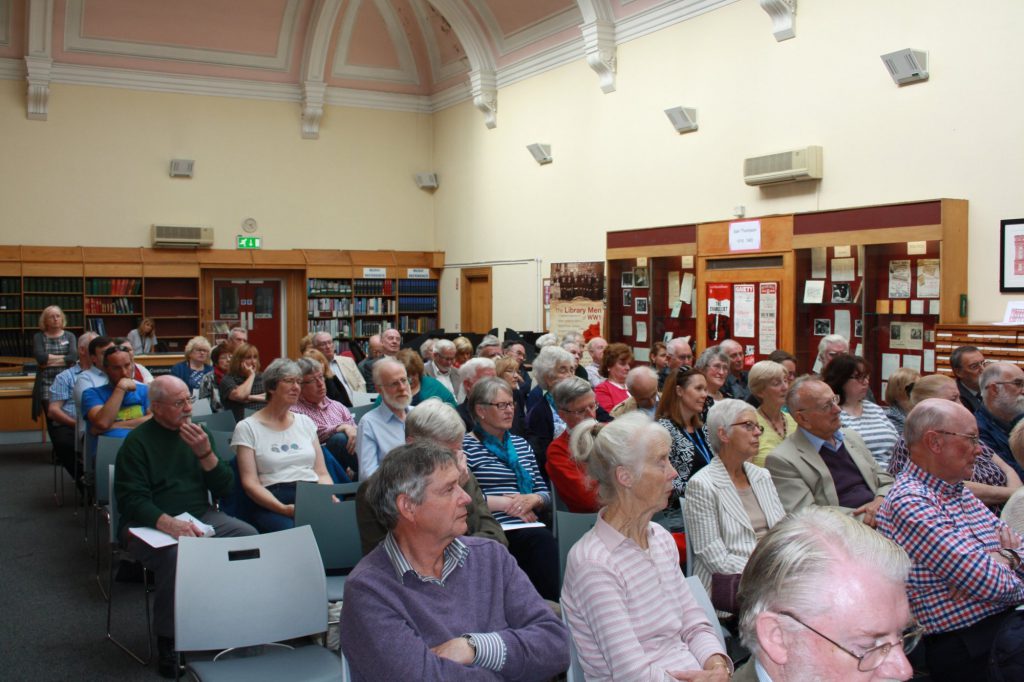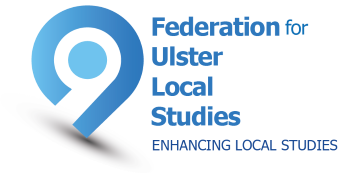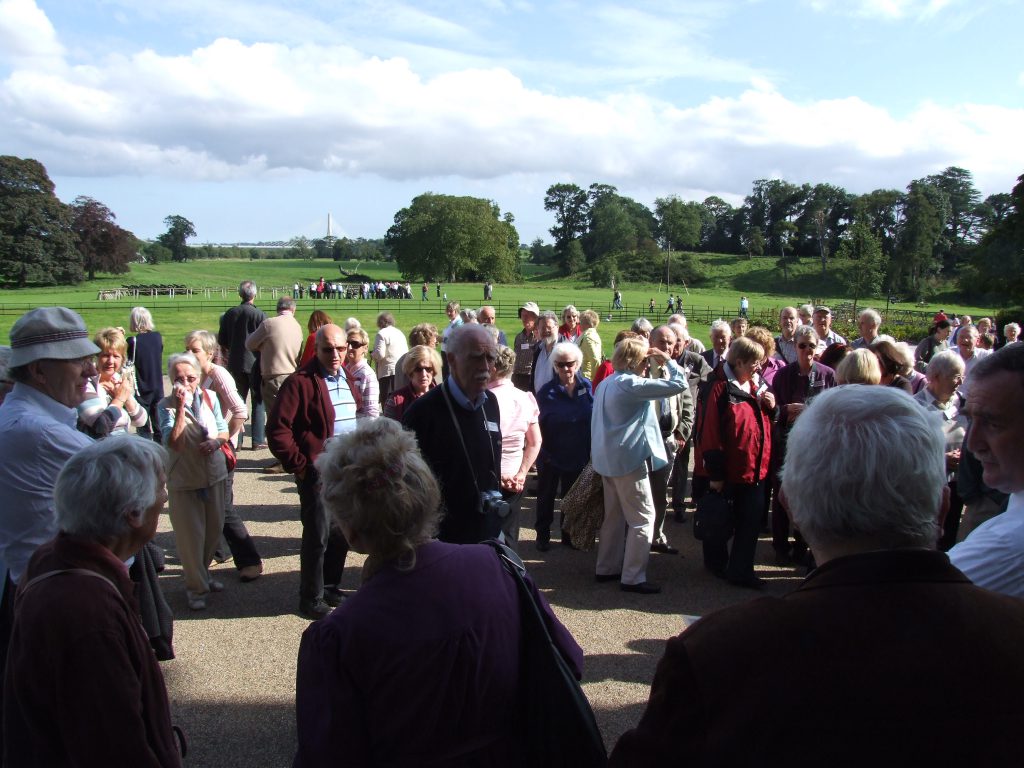LOCAL HISTORY has been actively researched and recorded in one way or another. In Ulster we can look back to the mid-twentieth century and recognise the importance of local history in the writings of Cathal O’Byrne or a generation earlier in the work of Antiquarian Francis Joseph Bigger. In the nineteenth century the work of clergymen historians such as Dr William Reeves, the Rev George Hill or Monsignor James O’Laverty have given us a Huge insight into the local past. Likewise, the detail collected by John O’Donovan and his contemporaries as part of the First Ordnance Survey could be described as purely local in character.
It was as part of this tradition that during the 1900s many local enthusiasts began to come together to form what can be rightly described as local history societies. These were dedicated to the study and understanding of the local past and sought to record this in a way that the broader sweep of history, out of necessity, often neglects. Again, many of these societies grew and became an important part of the process of recording our past. Nevertheless, the dominance of new schools of thought within historiography began to regard the work of these enthusiastic amateurs as being in some sense of a lower calibre to that conducted within the academic institutions and universities. To some extent this may have been true. However, without the work of these local historians much of what the professional now takes for granted may have been lost forever.
To address this lack of acknowledgement and the absence, at times, of a thorough approach to the study of local history some of these societies decided to come together and form an umbrella group that could champion the cause of local societies, encourage a wider participation in the field of local studies and develop the research and publishing skills of those already involved in local history. It was as a result of this coming together of local societies in 1974 that the Federation was born.
From the outset the Federation had a dual role. It firstly acted as the unified voice of local history in Ulster calling for greater recognition for those involved in local studies and the proper resourcing of this discipline. Over time it drew more and more locally based societies into the organisation. Today it can claim almost one hundred societies in its membership representing thousands of people with an interest in Ulster’s local history, folk lore and archaeology.
Secondly the Federation adopted a support role for these societies. It organised much needed low-cost insurance cover to give peace of mind to those engaged in meetings and field trips. It hosted conferences, workshops and seminars at which society members could meet, exchange ideas and experiences. The workshops helped to tap the deep reservoir of knowledge that exists among those societies and to use this to build new skills in less experienced and emerging bodies.
This interaction also allowed the Federation to build relationships within and between communities that had suffered greatly as a result of the Troubles. This community relations role was recognised and supported first by the Central Community Relations Unit and later by the Community Relations Council and grant aid was secured to employ two staff and open a development office. Sadly, the office had to close in 2005 and the withdrawal of the Community Relations Council grant in 2007 resulted in the redundancy of the staff and a reappraisal of the Federation’s role. An initial attempt to disband the Federation was resisted and in 2007 it was agreed to continue in a purely voluntary capacity, with individual members of the Executive Committee taking on the several discrete roles of the former full-time staff. The new structure was accepted at the 2007 AGM and has continued in this mode ever since.
The Federation has always encouraged societies to publish and has itself sought to give an opportunity to local historians throughout Ulster to see their work in print. It brought into being the Ulster Local History Trust Fund to support publications in local history and itself published a periodical Ulster Local Studies twenty-five years. For the last 20 years the Federation has published a magazine style journal entitled Due North which promotes local history and advertises the activities of local historical groups in Ulster.

Launch of the Hidden Gems and Forgotten People Exhibition programme, and project in Belfast Central Library on 22 September 2016
Over the years the Federation has run events that have addressed most areas of local history as well as organising field trips to various parts of Ireland, to Scotland, continental Europe and the U.S.A. It advises a wide range of bodies from museums to Libraries and has a close working
relationship with local record repositories. It was instrumental in introducing the celebration of European Heritage days to Northern Ireland and has campaigned continually for the protecting of local place names and the maintenance of the townland as a central part of local identity.
The Federation has always seen itself as part of wider all-island movement to research and publish local history, folklore and genealogy. Early on it developed a close working relationship with the Federation of Local History Societies, a sister organisation over the border, that was formed in 1980, and many joint projects, including joint seminars and workshops, exchange visits etc. that continue to this day
A measure of the Federation’s success is that local history is now recognised as an important feature of developing a sense of a shared future, by demonstrating our shared past. Local history has come a long way since that first meeting in 1974. It is now taught to university level and is firmly embedded in the mainstream of local broadcasting. A great deal has been achieved over the last forty-five years and as new challenges emerge local history in Ulster still needs a strong central body such as the Federation, to act as an advocate of those involved in local history, and to help communities to discover and document their local history.




